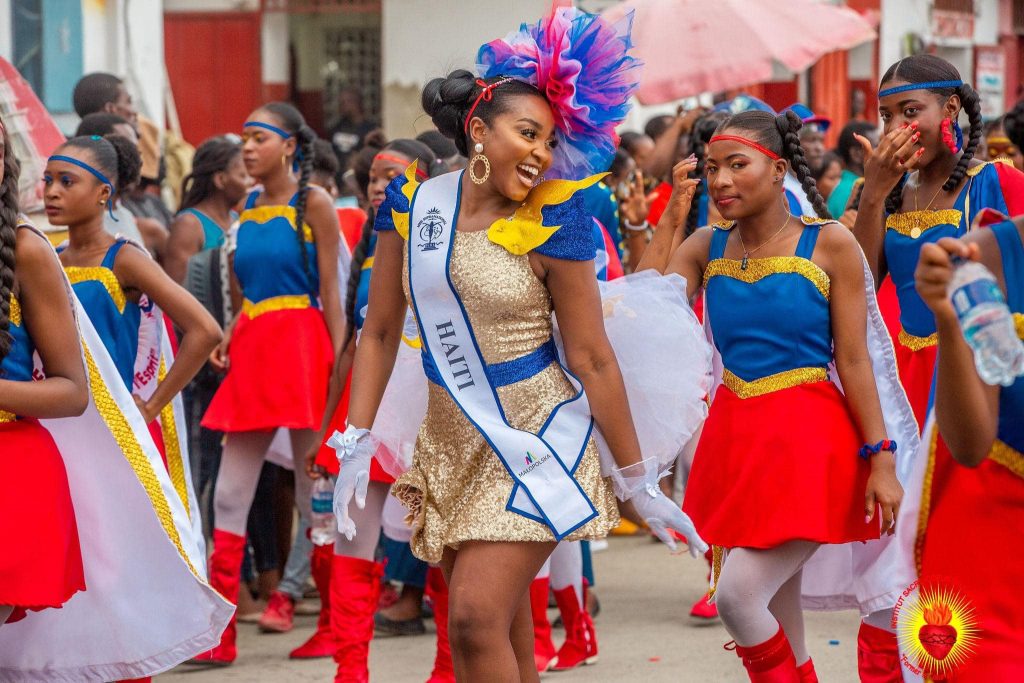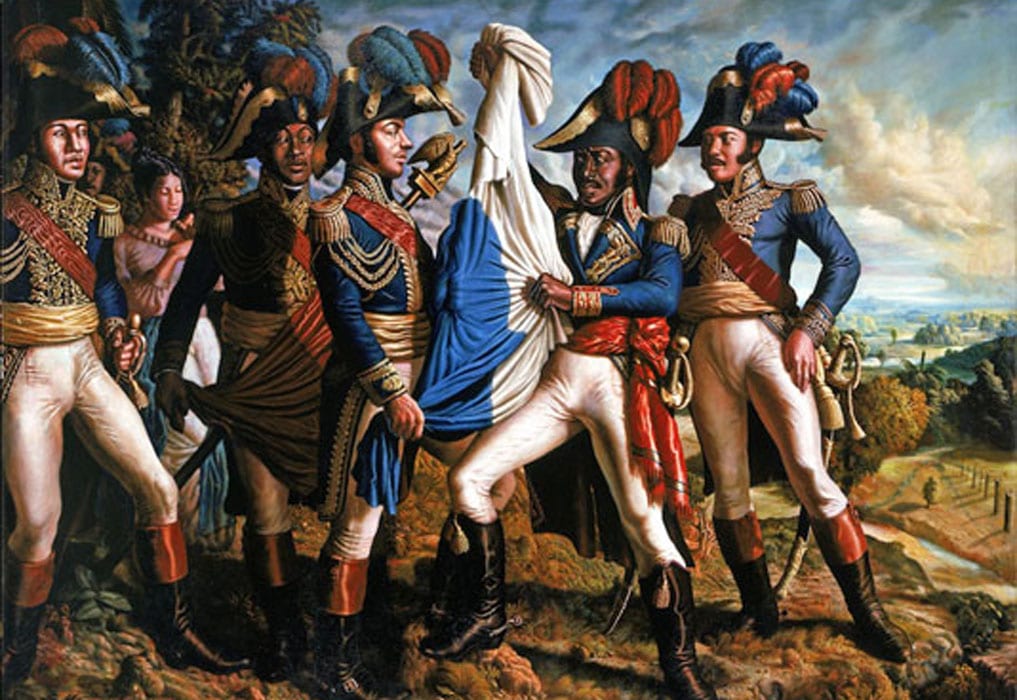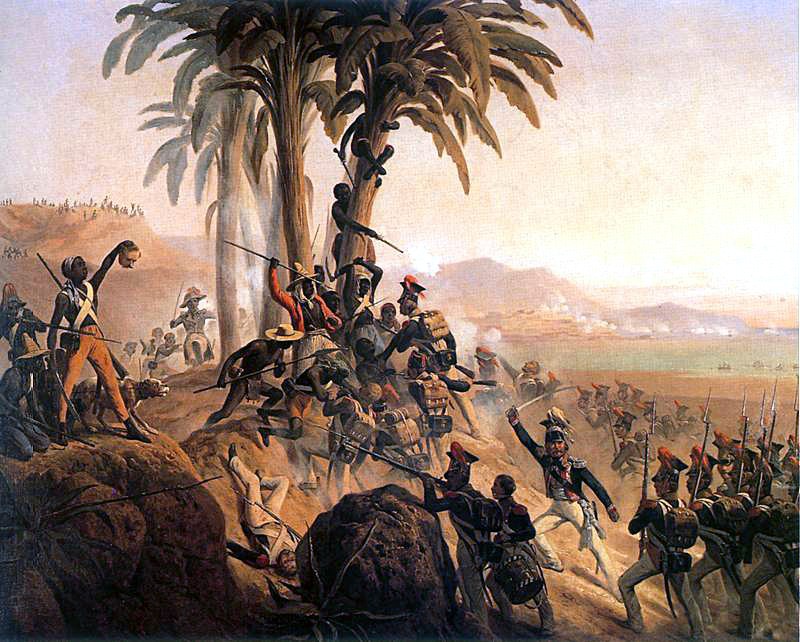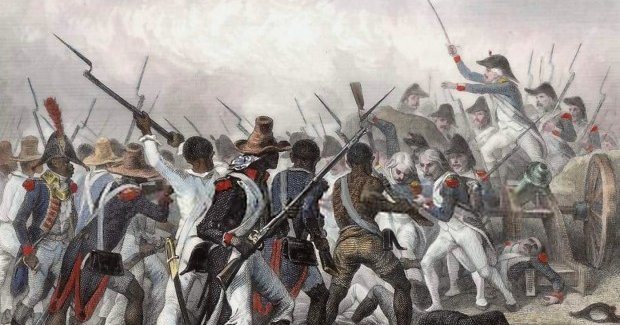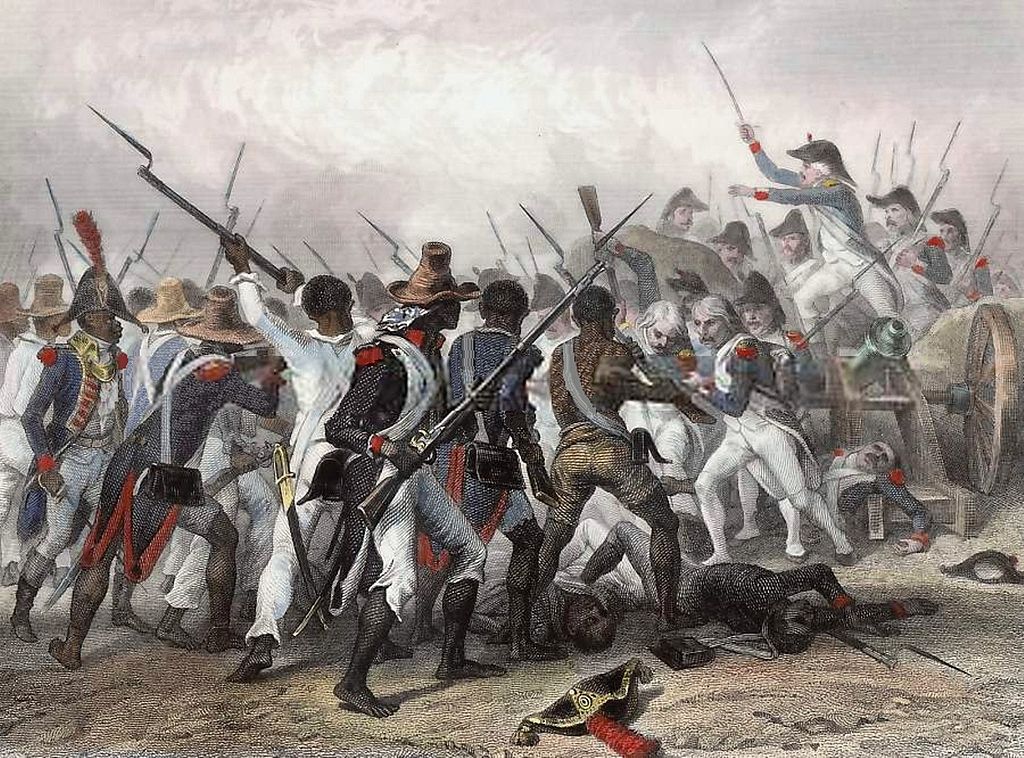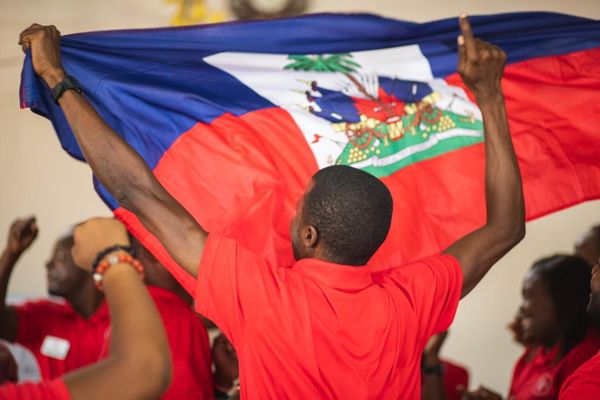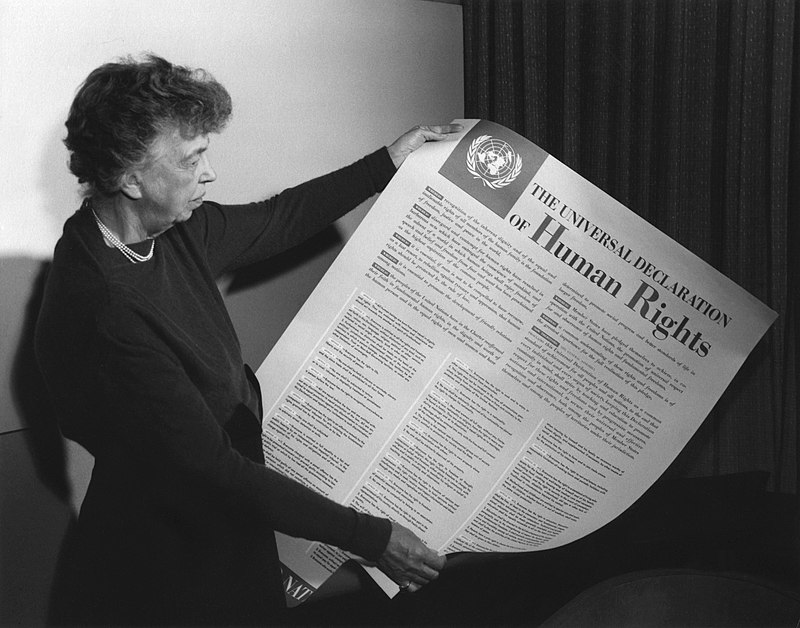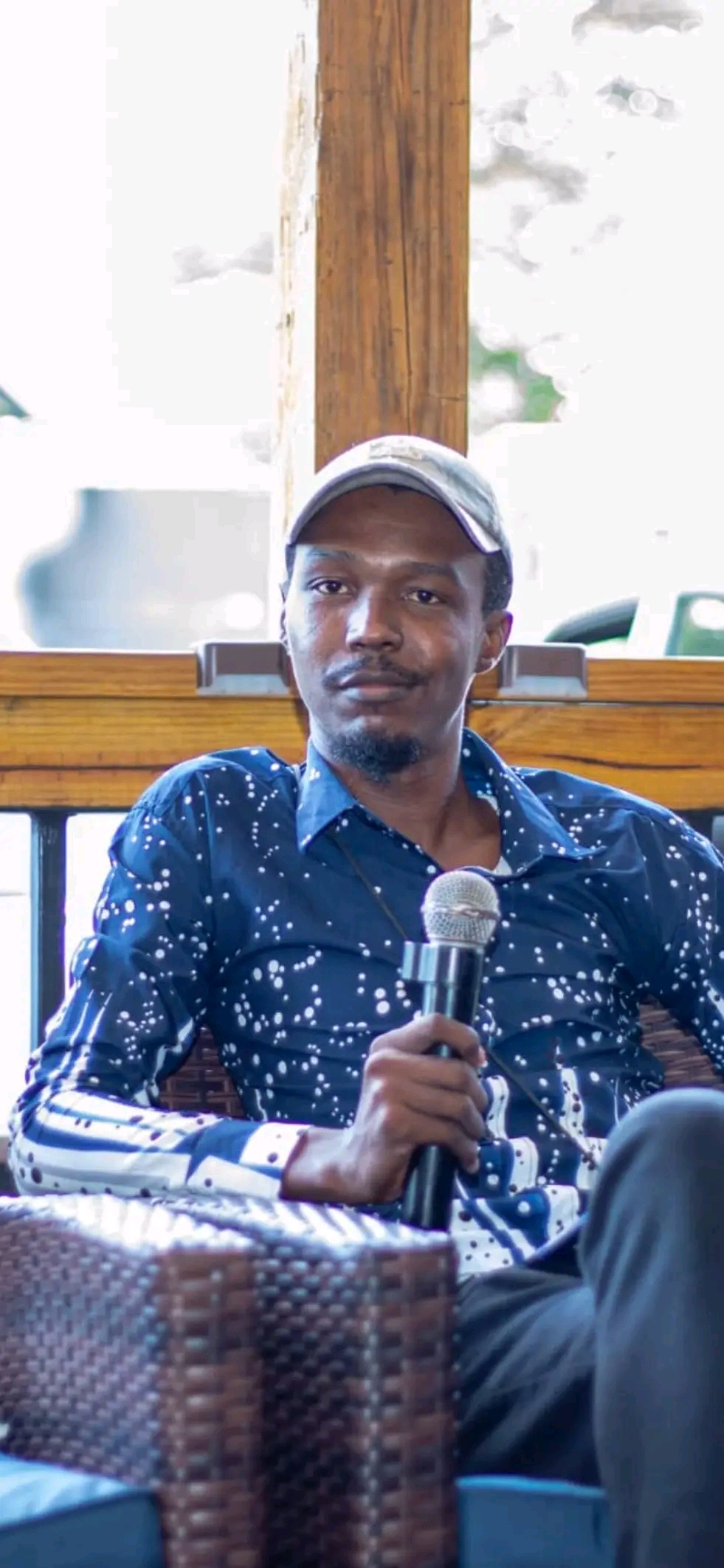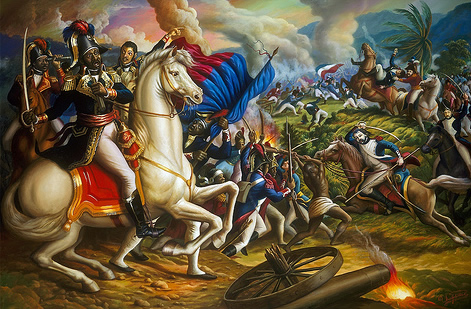
The historical heritage of Haiti
Haïti was the first country in the world to abolish slavery after a revolt led by African slaves in 1791, resulting in its independence from France in 1804. This revolution not only inspired other movements for emancipation through the world, but it also laid the foundations for a lasting commitment to human rights in Haiti.
The Haitian Slave Revolt was the first and only successful revolt led by slaves that resulted in the founding of an independent state led by former slaves. It inspired other abolitionist movements around the world and raised international awareness of the brutality of slavery.









